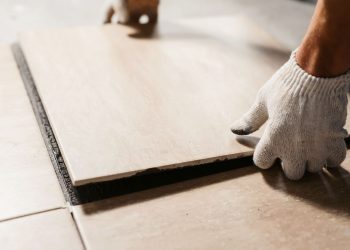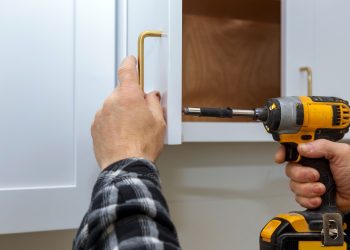Home insurance may be one of the last things you’ll think about when buying a home, but in some situations, insuring your biggest asset isn’t so easy. And without insurance, you won’t be able to qualify for a home loan.
Here are five things that can make getting home insurance difficult, or at least more expensive:
- A lot of claims: A long list of insurance claims at an address by previous owners can increase insurance rates. For an insurer, too many claims can mean there’s an underlying maintenance problem that needs to be fixed, and it’s likely a big one. You can find out how many insurance claims were filed at the home in the last five years by buying a Home Seller’s Disclosure Report from the Comprehensive Loss Underwriting Exchange.
- Natural disasters: If the home is in an area where natural disasters strike, then you’ll probably need to buy extra insurance because the basic homeowner’s policy won’t cover it. That extra insurance may be expensive, though you might be able to mitigate it by taking certain precautions, such as installing storm shutters in a hurricane zone, for example.
- Old homes: Just like us, homes wear out with age. Old pipes and electrical systems can break, and an insurer may deny coverage until such things are updated. Or they may charge more for homes where some items may not be up to current building codes.
- Backyard fun: A pool or trampoline in the backyard can be listed by an insurance company as an “attractive nuisance” for neighborhood children to get into while you’re away. An injury or death in that situation would be horrible enough, and you could also be held liable in a lawsuit, meaning your insurer would likely have to pay up. Putting a fence and other precautions around them can help protect you, but insurers may still be wary and charge higher rates.
- Vacant homes: If you buy a foreclosed or vacant home, there’s a chance that pipes and other parts of the home can fall apart faster or be destroyed by vandals or evicted owners. This could lead to repairs being done before you can move in, possibly requiring extra insurance to cover vandalism, fire or other risks that can occur when a home remains empty.
If you’re faced with any of these issues, remember that you can probably still find an insurance company that will cover you if you can’t resolve them. The rates may be higher than normal, but at least you’ll be covered.











